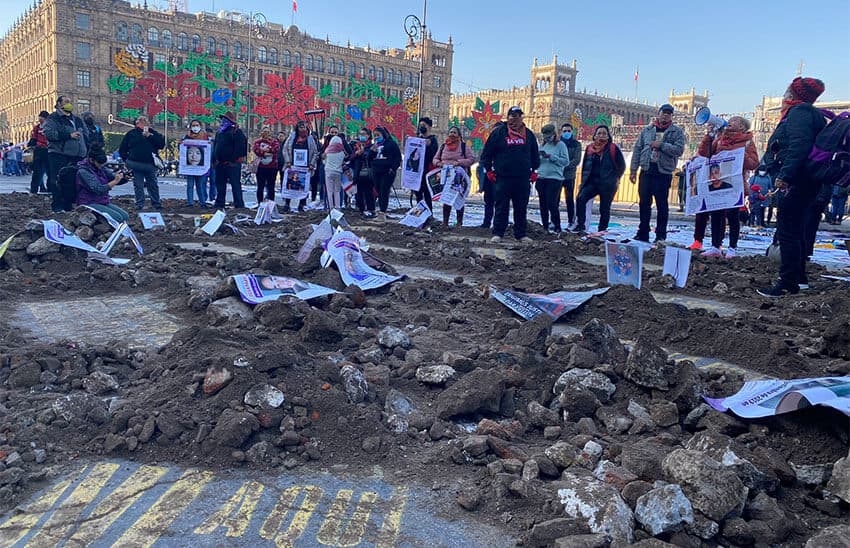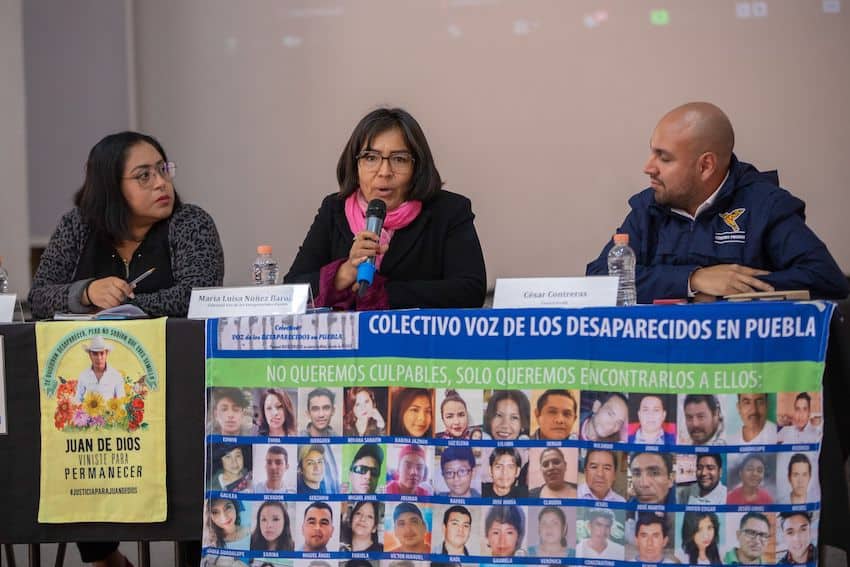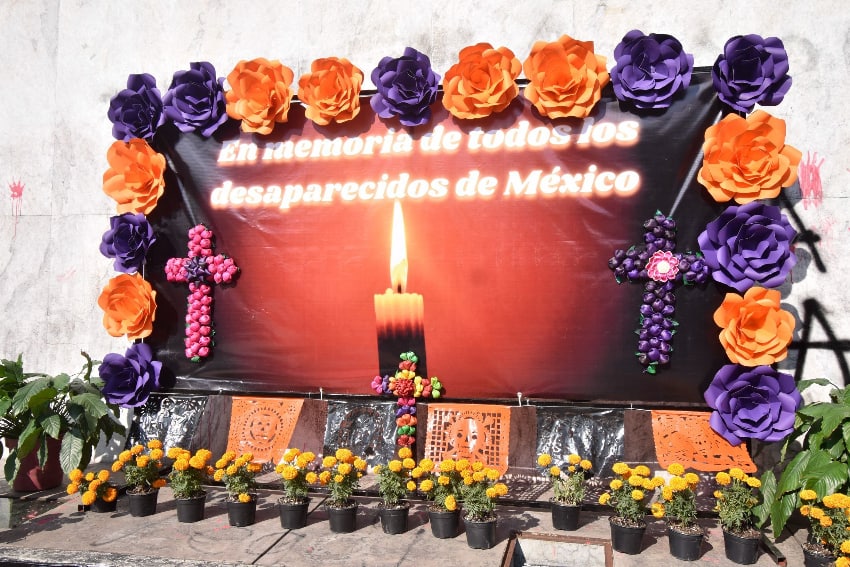Mexico’s national forensic database to begin operations on May 29

Mexico’s new National Forensic Data Bank (BNDF) will begin operations on May 29, the federal Attorney General’s Office (FGR) announced on Thursday. It is expected to become the main tool for addressing the country’s crisis of disappearances and unidentified remains.
The BNDF will integrate several existing registries, including the National Registry of Mass and Clandestine Graves, the Federal Forensic Registry, the National Genetic Information Base, the National Detention Registry, and the National Database of Missing and Unlocated Persons.
This will allow authorities to coordinate the search for missing persons and the identification of human remains across the country – a longstanding demand of the families of Mexico’s more than 112,000 missing people.
“Much remains to be done and this announcement is certainly a first step,” human rights group Centro Prodh said in a tweet. “The FGR has finally recognized its responsibility.”
In a notice in Mexico’s official gazette, the FGR explained that the BNDF will “interconnect with the search and identification tools that make up the National Search System in real-time, and constantly cross-check information between all databases, records, and interconnected systems.”
It will also have statistical tools to help compile reliable data on disappearances at the national level.

The creation of the BNDF was mandated by the 2017 General Law on the Disappearance of Persons, which stated that the database should be operational by 2019. However, the process has stalled repeatedly, and relatives of the disappeared have brought several court cases demanding its implementation.
In October 2022, a judge ordered the renewal of the process to create the BNDF in response to a lawsuit brought by Olimpia Montoya, who argued that lack of information from authorities impeded her rights to truth and justice in the case of her brother’s disappearance in Guanajuato six years ago.
In March, the Inter-American Commission on Human Rights (IACHR) also called for Mexico to develop a comprehensive national forensic policy in the face of a mounting crisis of missing persons, as well as unidentified remains.
While human rights groups welcomed the FGR’s announcement that the database is finally ready, others pointed out there is still a long way to go in systematizing the information the database will use.

“For the database with forensic information to work, all states in the country must have their information digitized and it is not yet so – there are thousands of cases [still] on paper,” said Fernando Ocegueda, president of the United Association for the Disappeared, in Baja California.
A record 112,181 people in Mexico are currently listed as missing and/or unlocated, and this is likely an underestimate due to under-reporting to the authorities. The government estimates there are 52,000 unidentified bodies in morgues around the country – according to Centro Prodh, the authorities only have registered genetic data of 15,000.
With reports from Aristegui Noticias, El Universal, Infobae and Reuters
Source: Mexico News Daily

